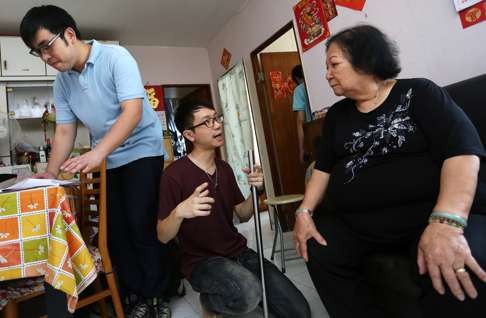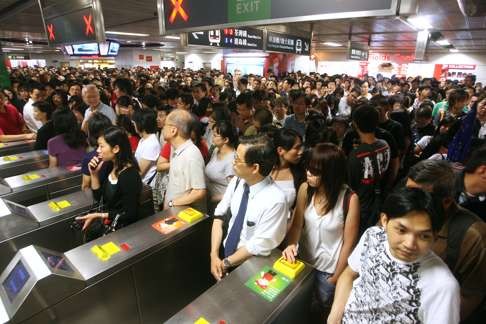How the UK’s approach to social problems could help Hong Kong’s entrepreneurs help others
Bernard Chan says the introduction of social impact assessments, and new measures to encourage innovation and enterprise, could have significant benefits

Economic growth does not make social problems go away. It might reduce basic hardship for most people but it creates new, more complex, problems which may be difficult for the government to solve on its own. A recent study by the Education for Good group, for Our Hong Kong Foundation, examines the experience of the UK and concludes that Hong Kong can learn from it. It recommends two main things. First, that Hong Kong adopt the use of “social impact assessments” – a scientific method of measuring the social costs and benefits of proposed regulations and expenditure. And second, measures to create a far better local environment for social innovation and social enterprise. The two would obviously support each other.
The idea of social impact assessments probably brings to mind the environmental and regulatory impact assessments required for development projects or new legislation. For a system of this sort to work, it must be rigorous and scientific. It cannot be a matter of guesswork. The idea involves putting policy proposals – any measure involving regulatory change or redistribution of costs or benefits – through an algorithm. The aim is to focus policymaking on creating specific social impacts rather than hope for a vague outcome.
The report includes examples of the algorithms; they are serious formulas. This approach requires the involvement of economists, social scientists and other experts. It also ideally needs a database drawn from public opinion surveys of well-being. The community itself should have significant input into defining what sort of social impact is most desirable.

For example, look at the government’s public transport fare concession. It allows everyone over 65 to ride on buses, the MTR and ferries for just HK$2. The government’s aim was to encourage the elderly to get out and participate in the community. Obviously, the elderly love it. Some critics see it as a waste, as even the rich benefit and it is now costing taxpayers over HK$1 billion a year – a sum that is going to rise.
A social impact assessment would look at the cost to taxpayers, and maybe other drawbacks like extra crowding on transport. It would look at broader economic benefits, such as reduced health care costs from the elderly being more mentally and physically active. And it would incorporate data from the surveys to reflect the community’s priorities – maybe kids seeing grandparents more often.
The second main area of recommendations is in improving the overall environment for social innovation. The UK has organisations designed to expand social innovation capacity. This includes support and training for social entrepreneurs, and measures to involve and educate business executives and public officials. The UK also has intermediaries such as Big Society Capital specialising in providing finance for non-profits.

Hong Kong has been making progress. Some initiatives deserve more publicity
However, Hong Kong has been making progress. Some initiatives deserve more publicity. Few have heard of Food Angel, which channels unused food to the needy, or Teach for Hong Kong, which places college students and recent graduates in classes for underprivileged youngsters.
With economic and demographic changes likely to increase demand on government resources, the time is right for Hong Kong to expand its capacities. We can certainly identify and promote best practices among social innovators, or explore ways to streamline legal and administrative procedures for non-profits. We could experiment with the development of a social investment market. We could do far more to involve the private sector. And we could develop new ways of analysing the costs and benefits of policy, to produce the outcomes the community needs and wants.
The potential for new approaches in social innovation is very significant. If used fully, social impact assessments could reduce the importance of GDP and other measurements of policy success. Obviously, it won’t happen quickly. But the report provides lots of suggestions of how to move forward.
Bernard Chan is a member of the Executive Council